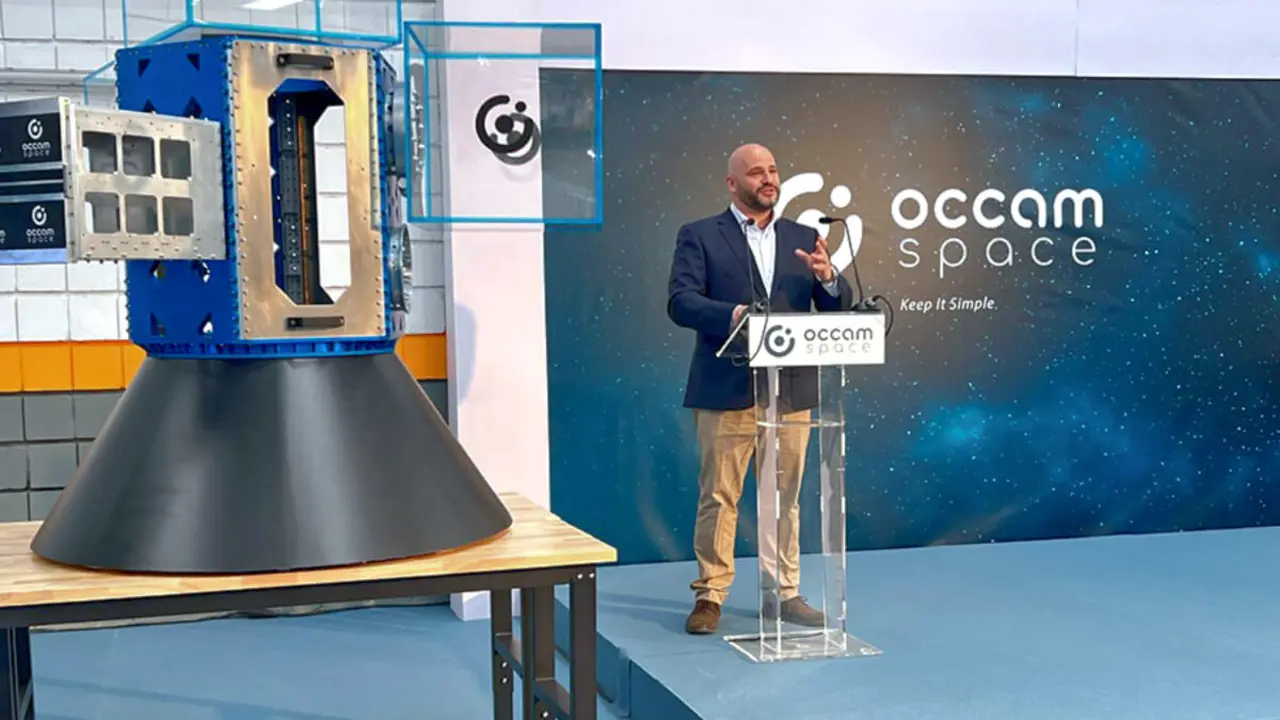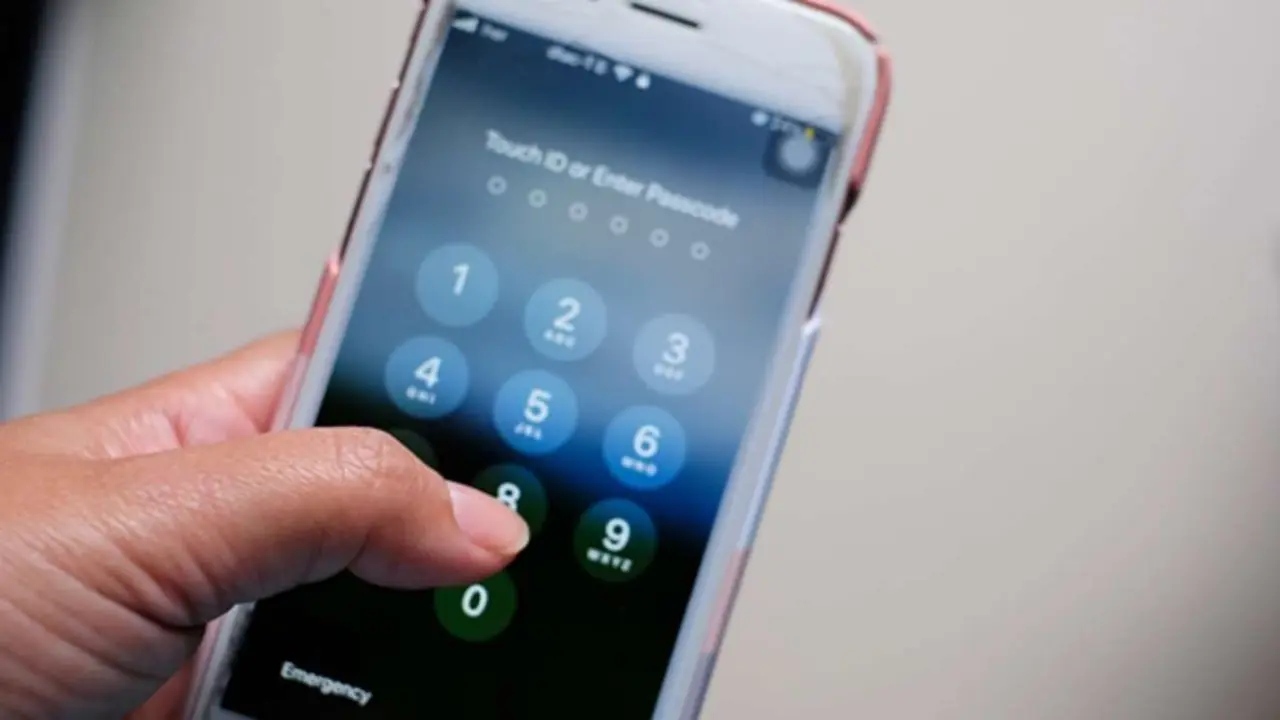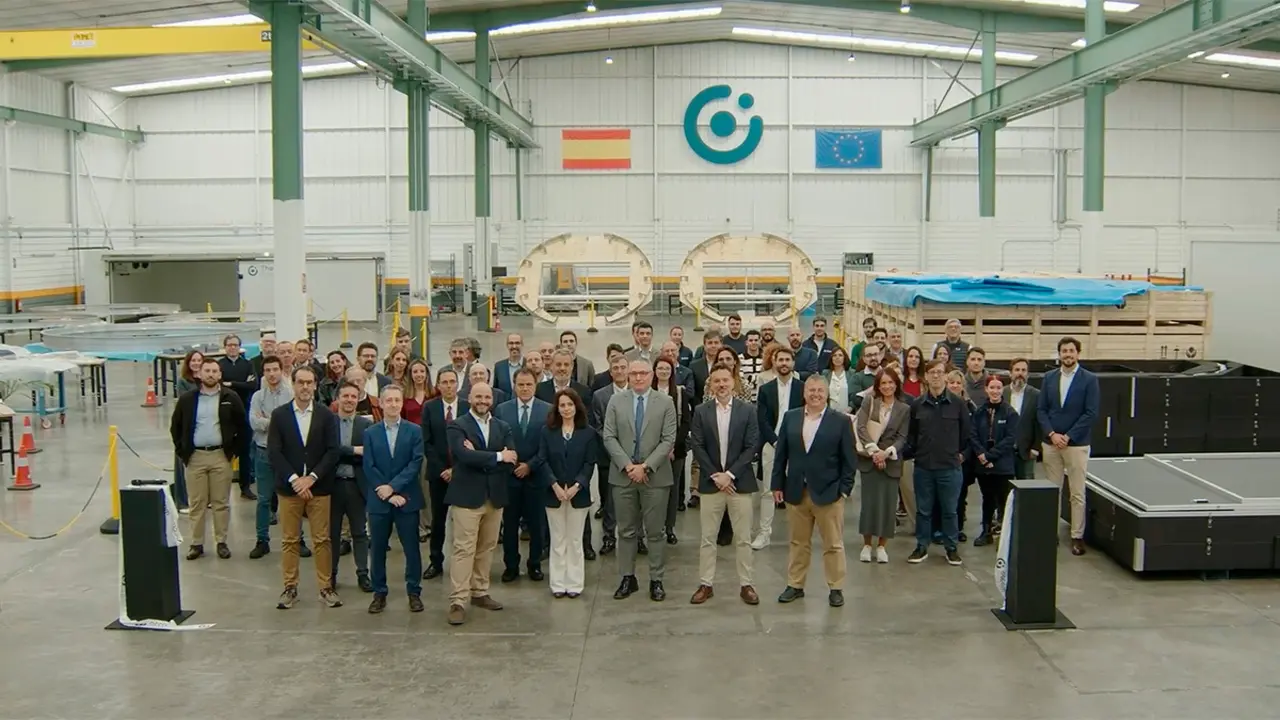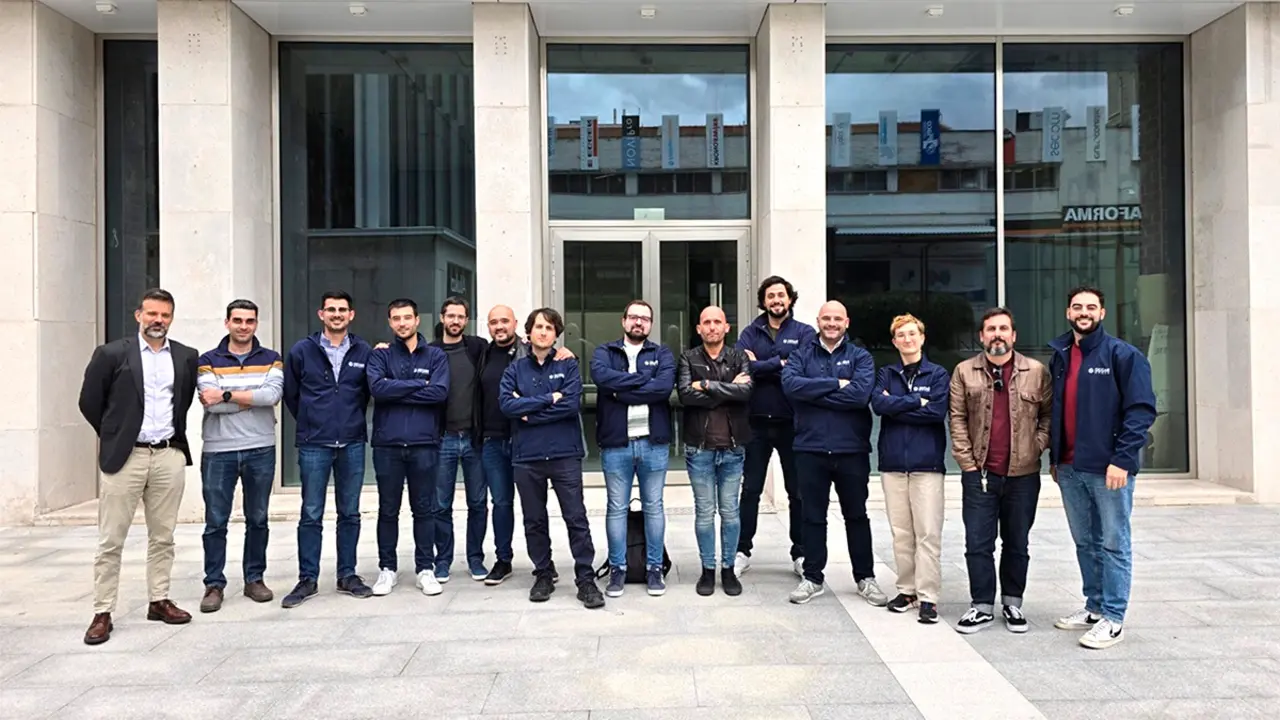Saudi Arabia and Emirates on track to join coalition with US to protect its satellites
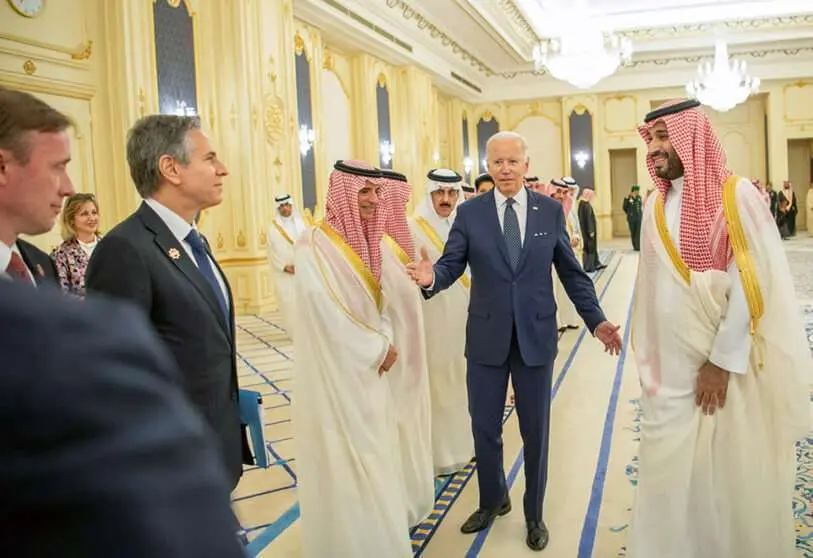
The powerful Space Force created by President Trump in 2019 wants to articulate a strong network of space security and defence partners with its most loyal allies. These include Washington's staunchest Arab friends in the Middle East, such as Saudi Arabia and the Union of Arab Emirates.
This was evident at a recent international space forum held at the Pentagon's major air base at Al-Udeid, just over 40 kilometres from Doha, the capital of the Emirate of Qatar. It brought together more than 100 US and other military leaders and officers from the US and other nations to review their attack and defence space capabilities.
The three-day meeting discussed current threats, command and control architectures and possible ways to integrate space systems into joint operations. The meetings were hosted by Colonel Christopher Putnam, head of the US Central Combatant Command's space component since 2 December.

Central Command, or CENTCOM - short for CENTral COMmand - is one of the six major combat structures into which the Pentagon has divided the world. For the past year, under the command of 56-year-old Infantry General Erik Kurilla, it has been the military organisation responsible for organising, executing and overseeing Department of Defence operations from Northeast Africa, from Egypt through the Middle East and the Arabian Peninsula to the former Soviet Asian republics. His responsibility covers a total of 21 nations, including Iran, Syria, Afghanistan and Kazakhstan.
At the forum, Colonel Putnam emphasised one of the recent directives issued by the head of the Space Force, General Chance Saltzman, nicknamed "the father of multi-domain operations". Commanding the Space Force from 1 November 2022, Saltzman comes from the air force, has spent his professional life in ballistic missile and space launch operations and knows what he is doing.

In one of his three Lines of Effort published in January this year as head of the Space Force, Saltzman considers it "imperative to partner to win". In his view, partners must be "cultivated" to "build lasting operational advantages". "Having them is key to our readiness, to getting the most out of our people, and to building resilient, credible, combat-ready forces.
Saltzman's view is that partnerships are "great force multipliers" and that the best way to build alliances is "direct collaboration based on deep relationships of trust and mutual benefit, ensuring cooperation even under strong geopolitical, financial and confrontational pressures". However, the general identifies that "barriers to cooperation must be removed". These include the excessive "top secret" classification of information relating to many space systems.
The strategic interest of the United States and the concern of the political and military authorities in Saudi Arabia and the Emirates to safeguard their satellite fleets are on the same table. Both Arab countries have expressed their intention to create their respective space forces and are seeking Pentagon advice on whether or not to integrate the new military corps into their respective air forces or to form them on a stand-alone basis.

Emirati President Mohammed bin Zayed al-Nahyan's priority is to protect his two spy satellites Falcon Eye 1 and 2 and the spacecraft of his state communications operators. One is YahSat - Al Yah Satellite Communications - which owns and operates three platforms - Alyah 1, 2 and 3 - that provide secure, fixed transmissions to government institutions and offer commercial TV and telephone services in more than 150 nations around the world.
The other operator is Thuraya, a subsidiary of YahSat, which owns two hubs - Thuraya 2 and 3 - providing data and mobile telephony services. The UAE government also owns the Al-Amal space probe, positioned around Mars, three other earth observation satellites for institutional and commercial applications - DubaiSat 1, 2 and 3 - and four tiny cubesats.

Thuraya is embarking on expanding its investments in the global space sector and its CEO, Ali al-Hashemi, puts the wealthy Gulf nation's money where he sees business opportunities. At the end of the year he invested in a California startup, eSat Global, and now he has just invested in the Swiss company Astrocast, which operates 18 small satellites and by 2025 wants to have a hundred dedicated to Internet of Things (IoT) services. Ali al-Hashemi is spurred on by studies that predict the IoT market will generate more than $6 billion over the next four years.
Saudi Arabia also has a large satellite fleet. The Riyadh government has two earth observation platforms - SaudiSat 5A and 5B - and several cubesats for technology testing of miniscule weight and dimensions. But its main strength is that it is the majority shareholder (36.7 per cent) of the Arab Satellite Communications Organisation (Arabsat), a commercial operator that maintains seven satellites in service, which it wants to protect from interference and denial-of-service actions

However, a few weeks ago, one of these satellites, Arabsat 4AR - also known as Badr-6 - experienced an as yet unknown technical problem that has left many of its customers without video, telephony and data transmission services. Placed in orbit in July 2008 and nearing the end of its operational life, Arabsat wants to prevent such a failure from happening again.
The company's strategy director, Abdulhadi Alhassani, has confirmed that its next satellite, Badr-8, "is ready to withstand interference". Manufactured by Airbus Space Systems and due for launch in May, it incorporates an experimental photonic system called Teleo, designed to demonstrate that optical communications can withstand offensive actions to block transmissions.

General Saltzman is a firm believer that space power is "a collaborative effort", that we must "strengthen the partnerships we rely on" and that the Space Force "must cultivate them" to "build lasting operational advantages". And he has been fortunate that the Saudi and Emirati authorities are receptive to his call, as are other allies. The framework explored by General Saltzman has begun to roll and the first bilateral or multilateral space defence agreements under Washington's leadership are inching closer.


